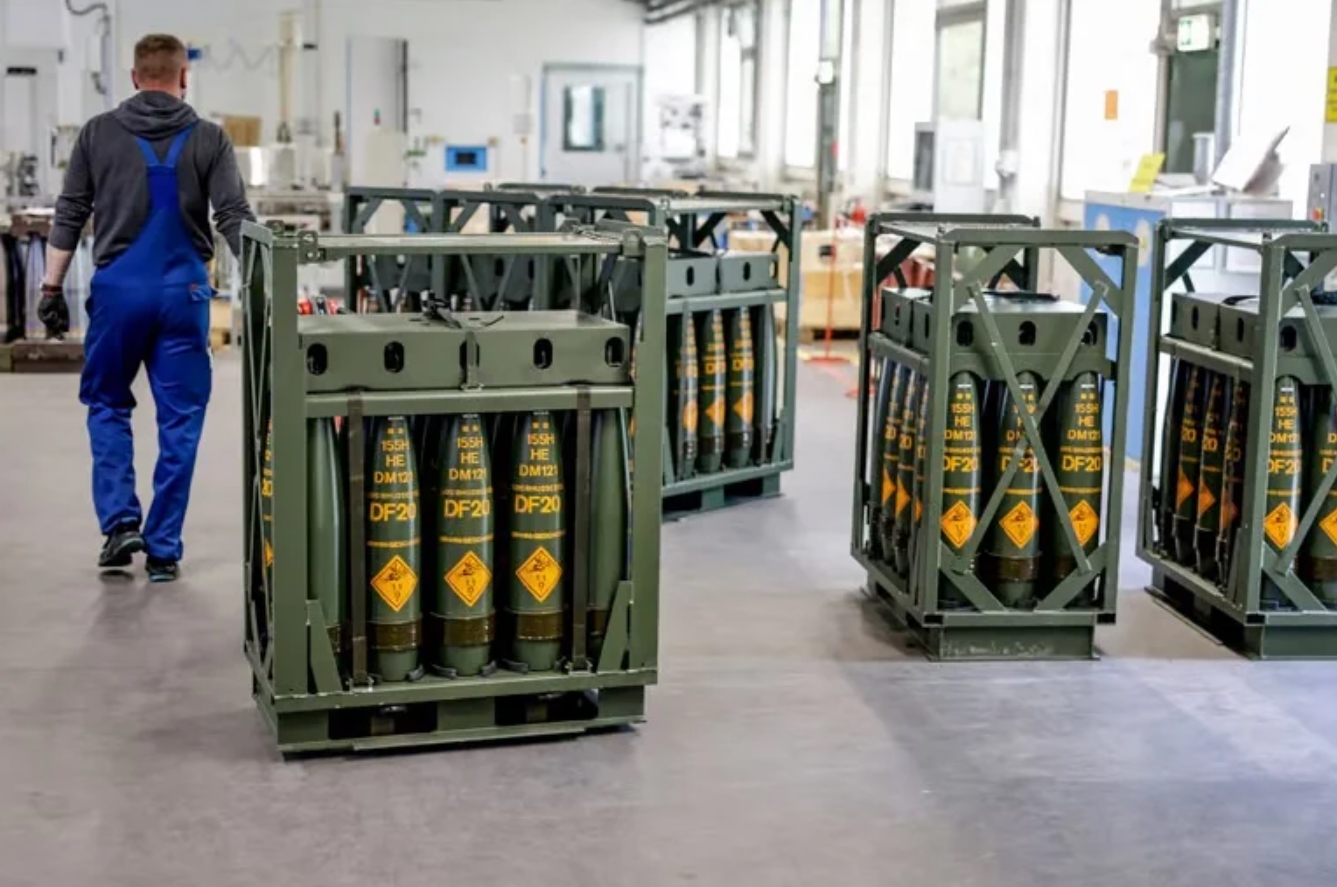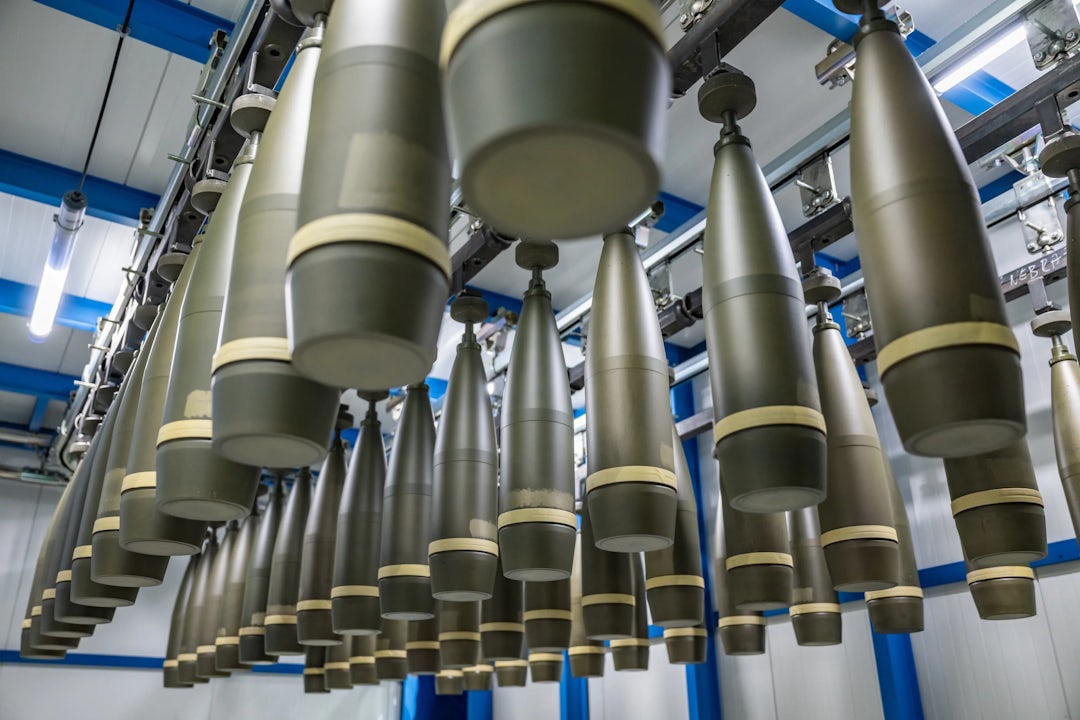Ukrainian company to build explosives plant in Lithuania
17 October, 2024 Production of 155-mm ammunition at the Nammo plant. Photo: nytimes.com The Lithuanian Ministry of Economy and Innovation and a Ukrainian company have signed a letter of intent to cooperate in constructing an explosives plant in Lithuania.
The Lithuanian Ministry of Economy and Innovation press service reported on this. It is reported that the project will strengthen the defense capabilities of Ukraine, Lithuania, and Europe. Construction work is expected to start next year.
"We are actively developing defense cooperation with our partner, Ukraine. The new explosives production plant in Lithuania is a clear signal to the aggressor that we will not retreat. The defense capabilities of Ukraine and Europe are growing and will continue to grow both in terms of weapons and ammunition and in terms of advanced defense and security technologies," Aushrine Armonaite, Minister of Economy and Innovation of Lithuania, stated.
 Production of 155-mm shells at the Rheinmetall plant.
Production of 155-mm shells at the Rheinmetall plant.
Photo from the company's website
The global market for RDX (hexogen) explosives is growing rapidly. This explosive material has better properties than many other modern explosives: it detonates extremely quickly and with a powerful explosive force. RDX can be used alone or in combination with other explosive materials and is used to make a wide range of bombs, mines, and other munitions.
The RDX market was estimated to be worth approximately EUR10 billion in 2023. Due to the increasing demand for this explosive, the market is projected to grow to reach USD 13 billion in 2028.
 Production of artillery shells at VOP Novaky in Slovakia.
Production of artillery shells at VOP Novaky in Slovakia.
Photo: Czechoslovak Group
According to Erika Kurochkina, Deputy Minister of Economy and Innovation, the new Ukrainian plant will significantly contribute to the development of Lithuania's defense sector. On October 10, it was reported that the Lithuanian government will allocate EUR 36 million to expand the capacity of the state-owned ammunition manufacturer Giraites ginkluotes gamykla (GGG) until 2027. These funds will enable the plant to start installing a new production line earlier than initially planned.
The new line, which will double the munitions plant's capacity, is expected to be commissioned by 2027.